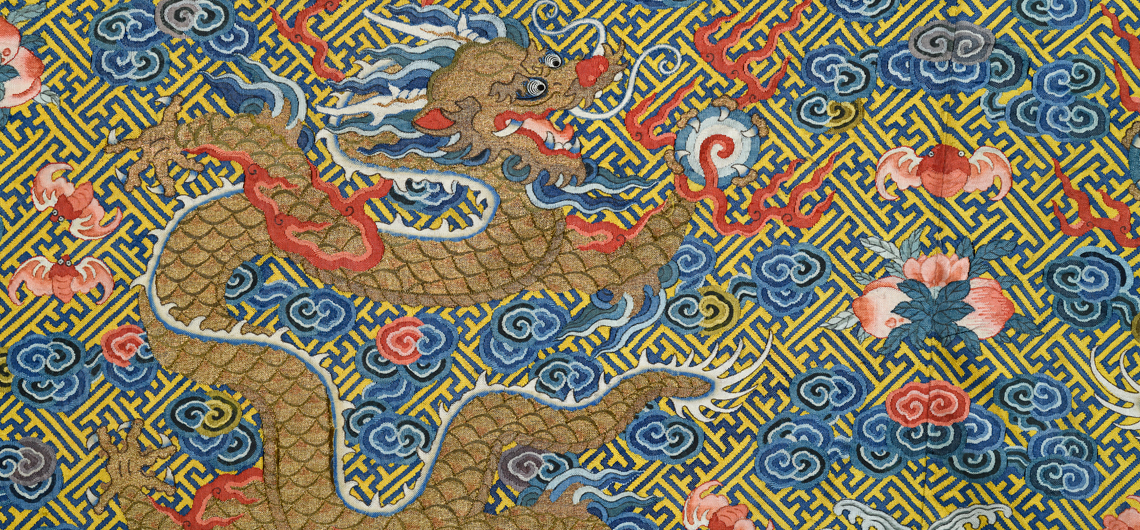
This month marks one year of successful cooperation between the Benaki Museum and Şadırvan , the Ottoman monument of Drama that has been transformed into a cultural space and hosts exhibitions from the Benaki Museum.
The exhibition “Imperial China”, based mainly on the collection of the British expatriate Georgios Evmorfopoulos, a major donor to the Benaki Museum, is an introduction to the institutions and ideologies of Imperial China. It was curated by George Manginis, scientific director of the Benaki Museum, and designed by Natalia Boura, head of the Museum’s Modern Greek Architecture Archives, especially for Şadırvan.
The narrative of the exhibition begins in the year 221 BC, when Jiao Zhengking, king of the Ching dynasty, succeeds in uniting China. He embarks on a campaign of administrative, economic and cultural unification and changes his name to Shi Huang Di, “First Emperor”. Although his lineage reigned for only a few years, the First Emperor is the founder of Imperial China. Its political ideology is based on the fusion of Confucius philosophy, the worldview of Taoism and the Buddhist religion and will remain alive for over two millennia. The class of educated officials, known as mandarins, who are selected through the system of imperial examinations and promoted meritocratically, underpins the power of the emperor. At the same time, the alternative ideology of the intellectuals develops, who focus on the arts and the texts of classical literature.
The coherence and specificity of China’s historical and cultural identity is reflected in its very name: “Middle Kingdom”, above all other countries and only below Heaven. Despite this, contact with the rest of the world is constant through sea and land trade routes and shapes hybrid artworks.
The end of imperial China in 1912 coincides with a reassessment of the antiquity and universal significance of Chinese culture. Collectors of Chinese art played a key role in this process, with George Evmorfopoulos, to whom the last section of the exhibition is dedicated, playing a prominent role.
Şadırvan : Armen and Agamemnonos, Drama
Opening Hours: Thursday, Friday & Saturday : 10:00-14:00 and 18:00-21:00 ӏ
Sunday: 11:00-14:00 and 18:00-21:00.

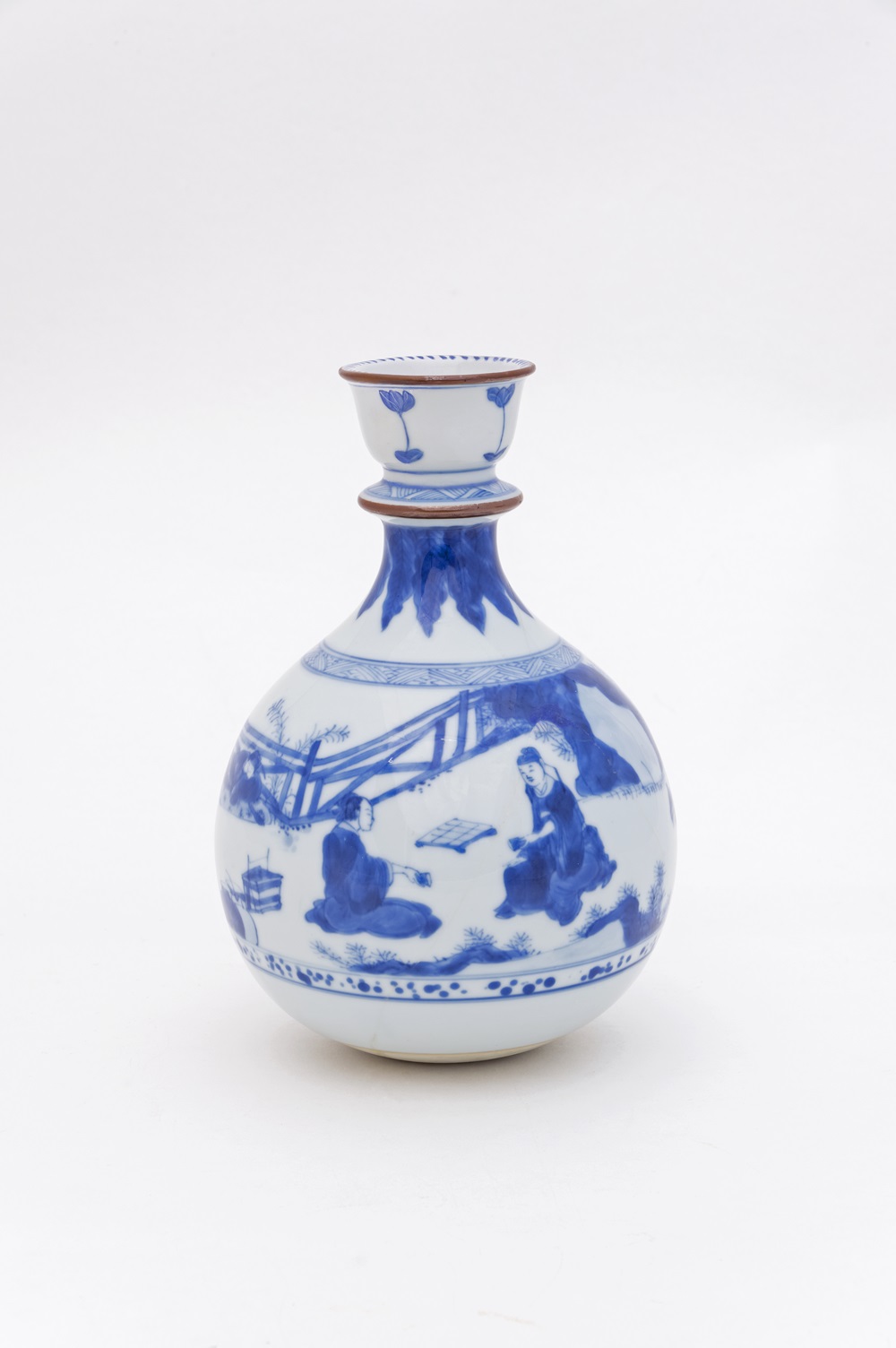
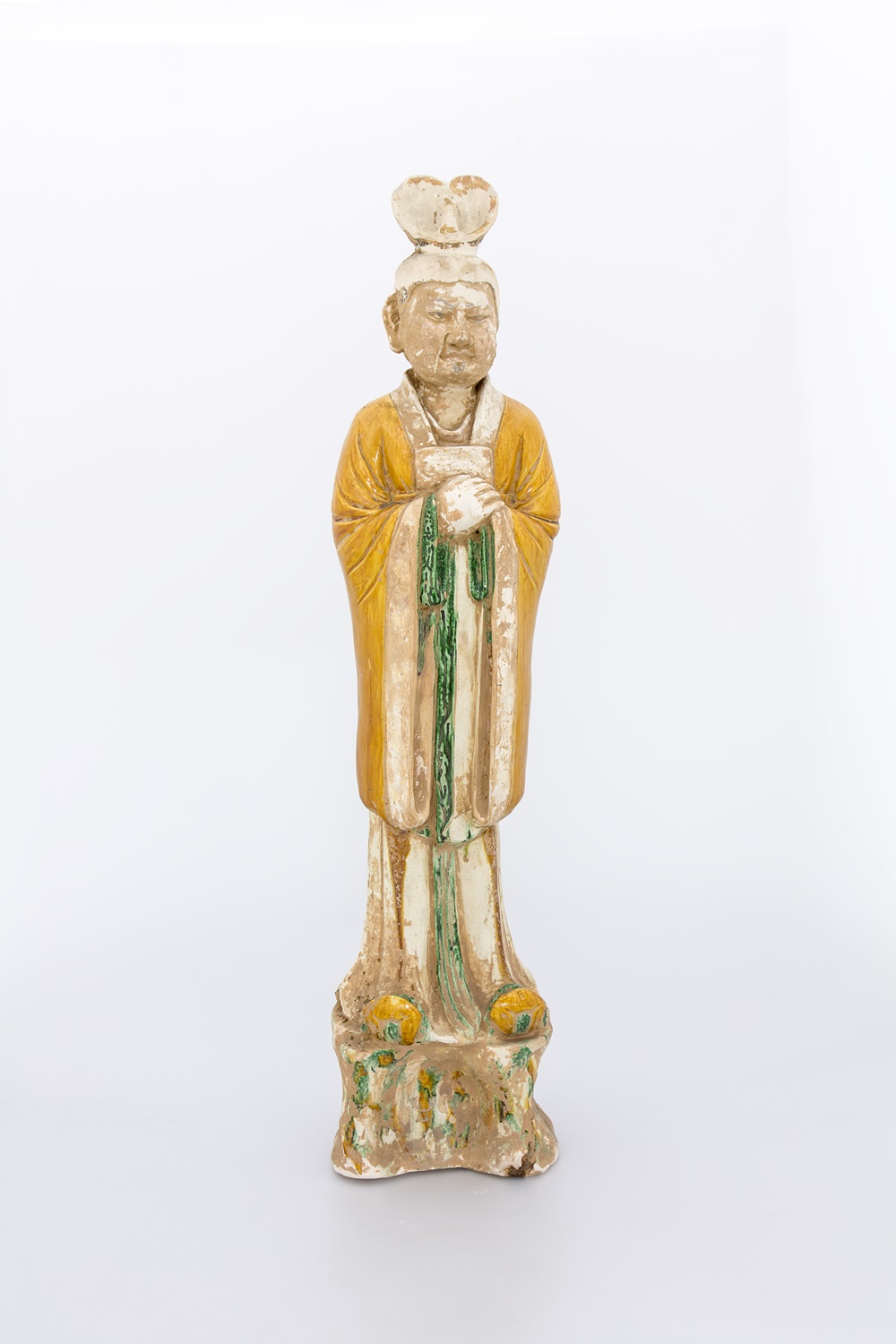
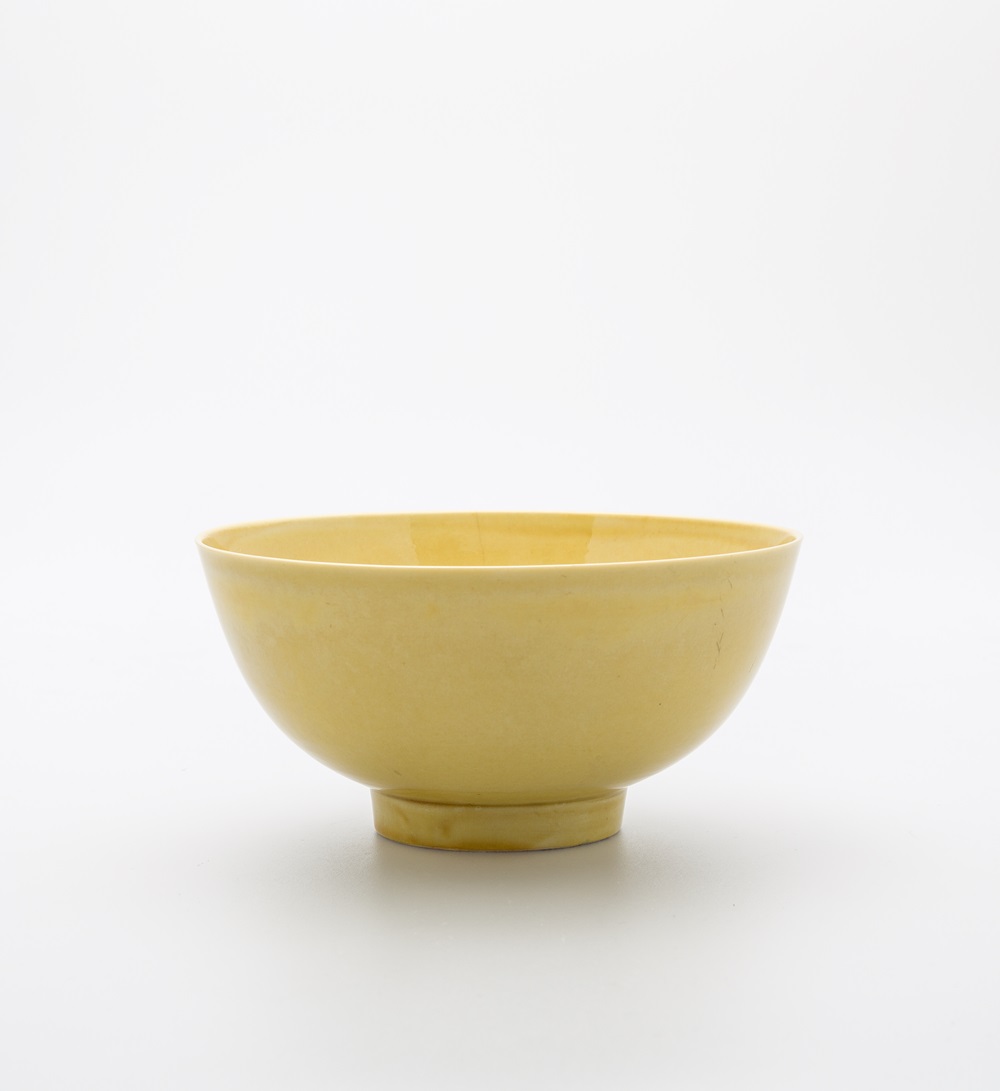
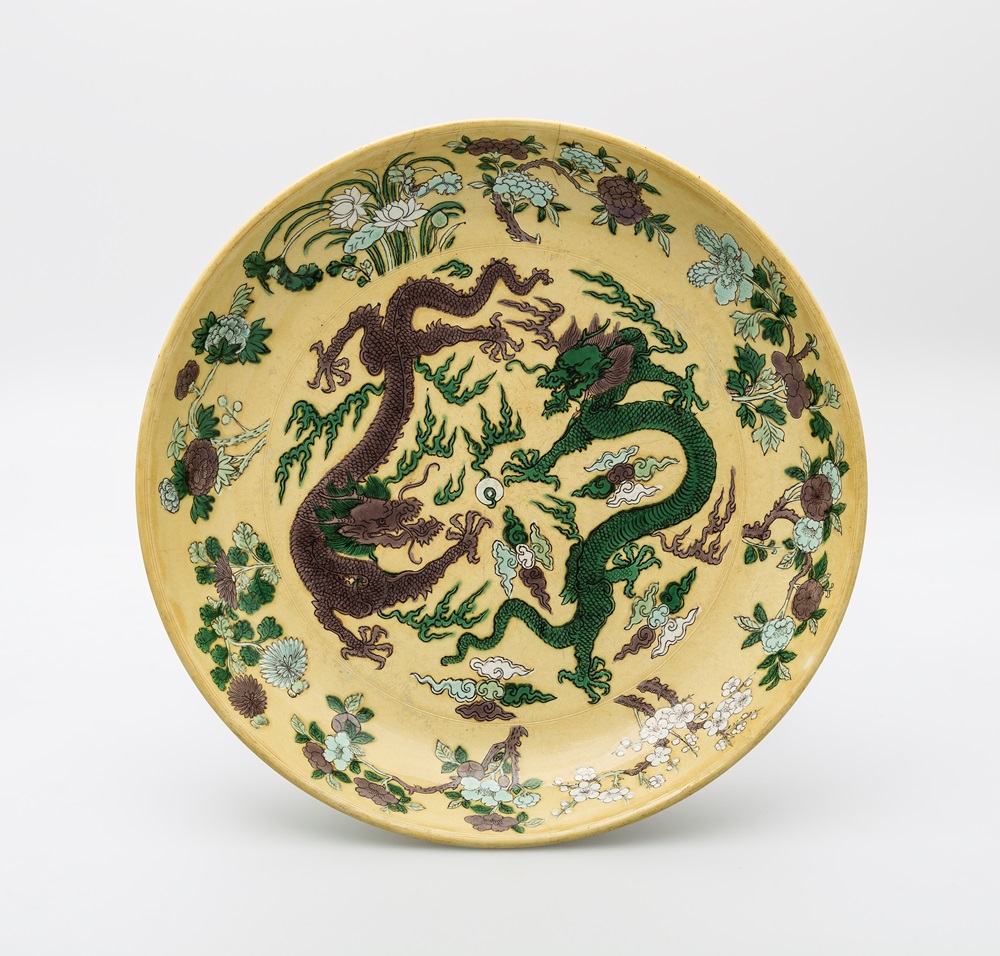
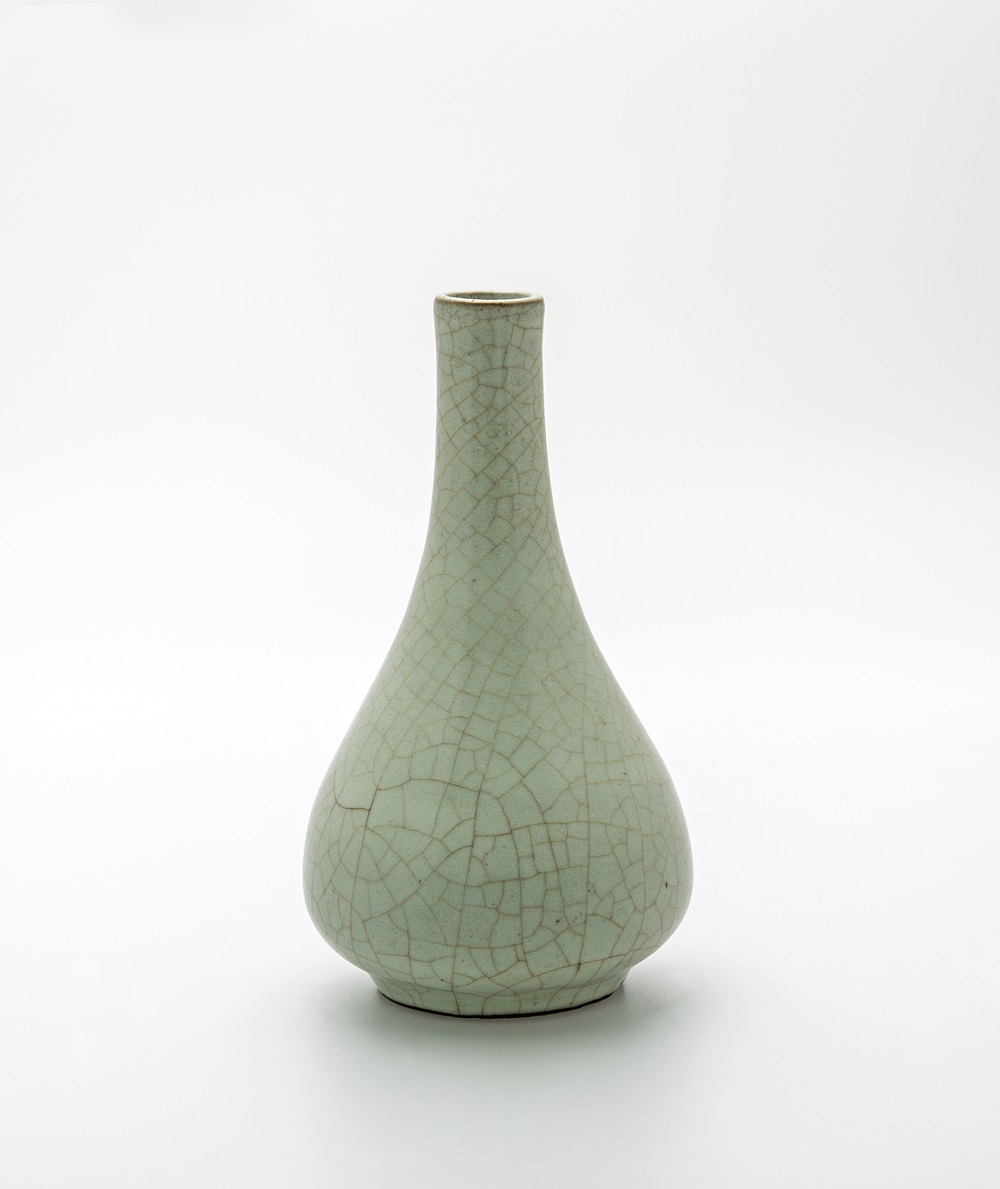
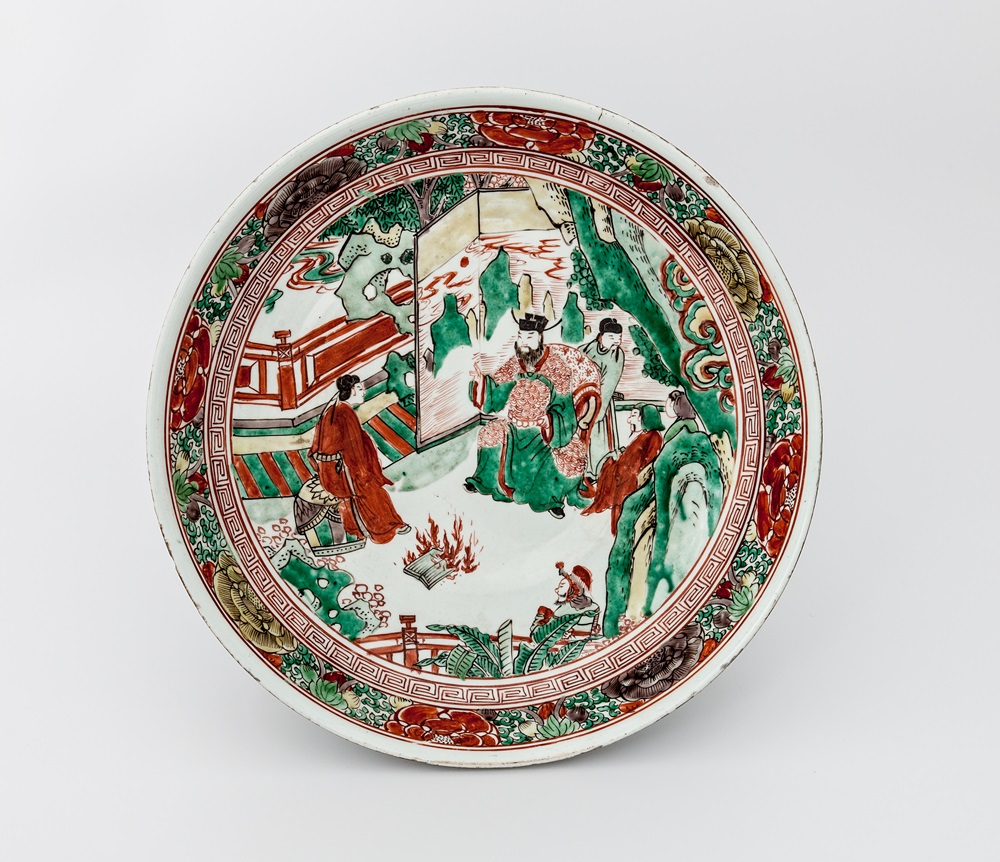

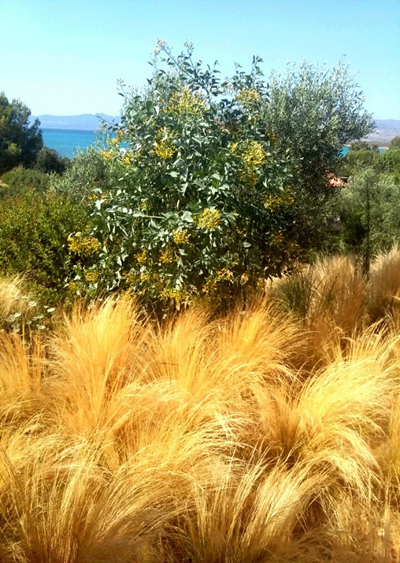
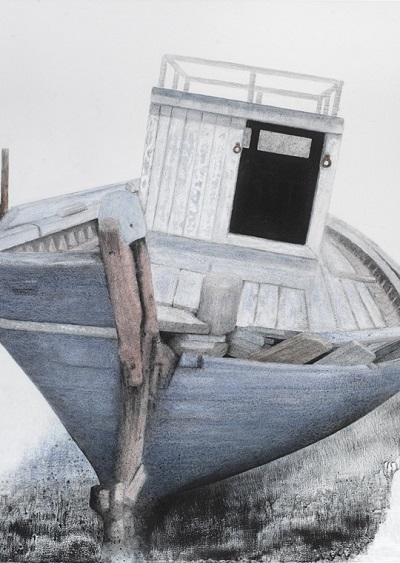
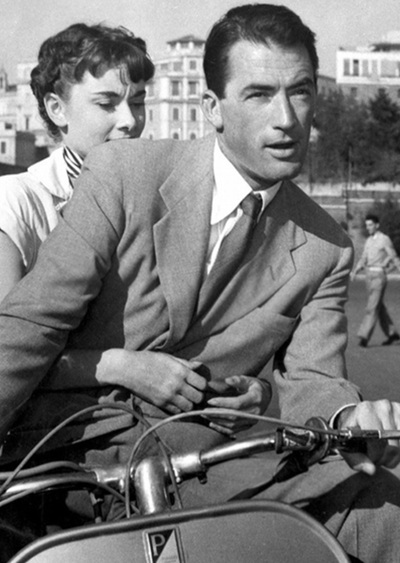


Leave A Comment